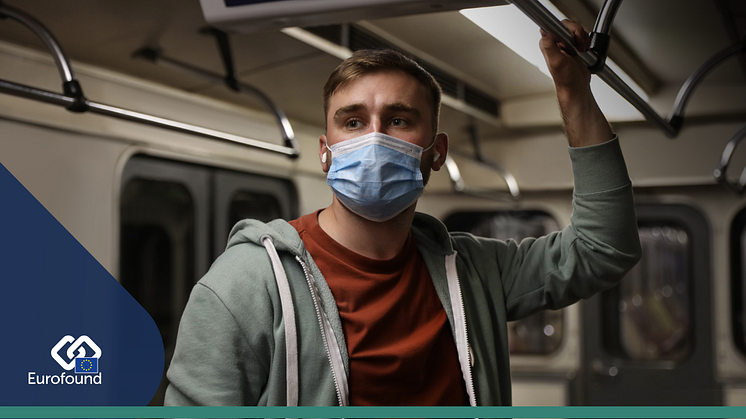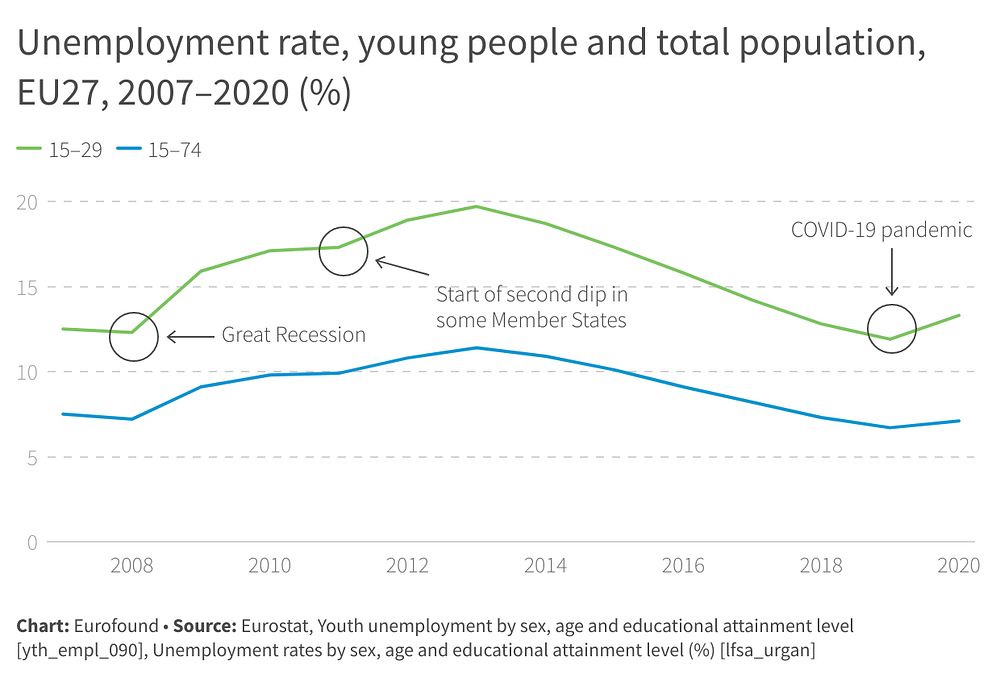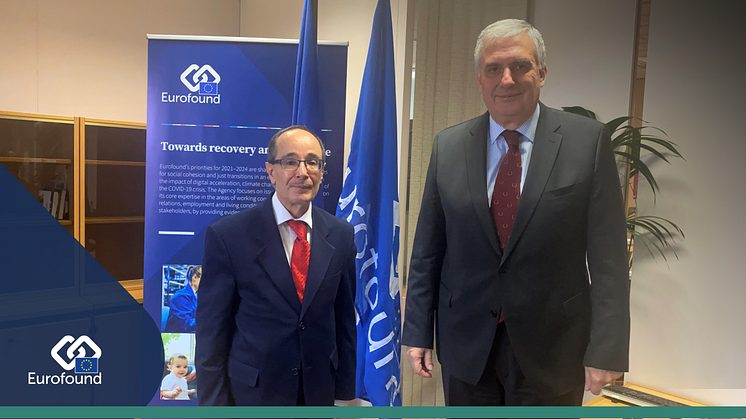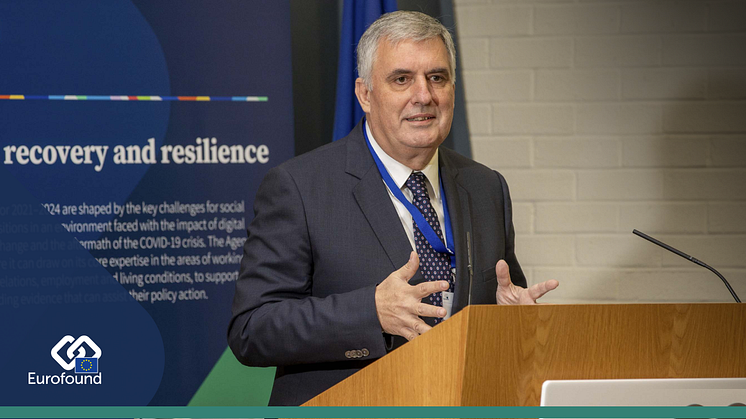
News -
COVID-19 brought Europe’s youth recovery to abrupt end
COVID-19 ended a six-year decline in youth unemployment, with young people more likely to find themselves unemployed and to report poor mental health than the rest of the population. Young people were hit particularly hard both economically and socially with the pandemic striking Europe as youth unemployment was returning to pre-economic crisis levels for the first time. Economic and well-being outcomes were directly impacted by shutdowns that accompanied the pandemic, with younger workers overrepresented in the sectors most impacted by pandemic restrictions.
These are findings from Eurofound’s new report on the Impact of COVID-19 on young people in the EU. The report explores the effects of the pandemic on young people, particularly in terms of their employment, well-being and trust in institutions, and assesses the various policy measures introduced to alleviate these effects. It finds that, while governments responded quickly to the pandemic, and a wide range of measures were introduced to support young people, many measures were temporary, aimed at reducing immediate job loss and keeping young people in education, and more should be done to improve the situation of young people so that they are resilient to future shocks.
From a labour market perspective, the COVID-19 pandemic represented a perfect storm for young people. They were both overrepresented in the sectors most impacted by pandemic restrictions and more likely to work on temporary contracts or part time; 12% of 18- to 29-year-olds who responded to at least two rounds of Eurofound’s Living, working and COVID-19 e-survey reported that they had lost their job. Young people that found themselves unemployed or inactive during the pandemic were also more likely than other age groups to experience housing insecurity (17% in spring 2021) than other groups during the pandemic and report difficulty making ends meet (43%), as well as having no savings (39%). Over half of young people reported living with their parents, which provided some financial security – albeit at the cost of independence.

COVID-19 ended a six-year decline in youth unemployment in the EU. Click here for background data and image download.
Unemployment, inactivity and financial precarity had implications on life satisfaction and well-being. Although indicators in these areas improved between spring and summer 2020, when lockdowns eased, they then dropped to the lowest point in spring 2021 when restrictions and school closures returned, resulting in a situation where nearly two-thirds of young people were at risk of depression.
Youth mental health in Europe can now be categorised as a crisis in its own regard. The demand for mental health services for young people soared across Europe during the pandemic, with young people in Ireland and the Mediterranean countries indicating particularly low mental well-being and life satisfaction. Efforts were made to provide online services, however, reaching the most vulnerable young people proved particularly difficult and with mental well-being taking longer to recover than economic indicators, it will be critical for policymakers to focus attention on improving services in this area.
Speaking on the publishing of the report, Eurofound Executive Director Ivailo Kalfin expressed concern at both the employment and well-being findings in the research, ‘Young people in Europe have been hit hard by the COVID-19 crisis, this has been known for some time – but this report details the gravity of the situation. These findings require immediate attention and should inform the ambition and scope of measures needed to improve both the immediate situation of young people and their long-term recovery from this crisis.’
Download the report:
More information:
- Eurofound topic page: Youth







